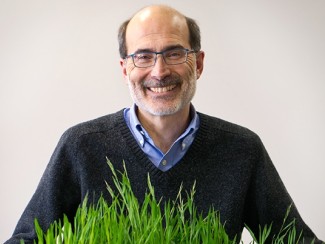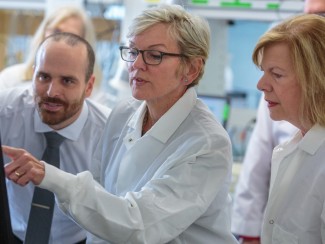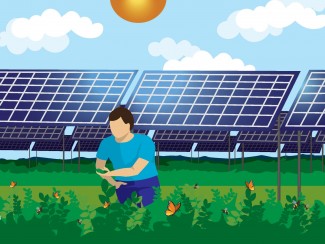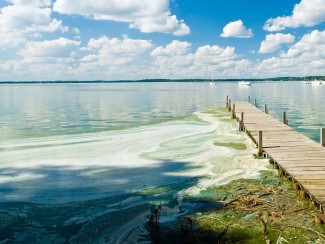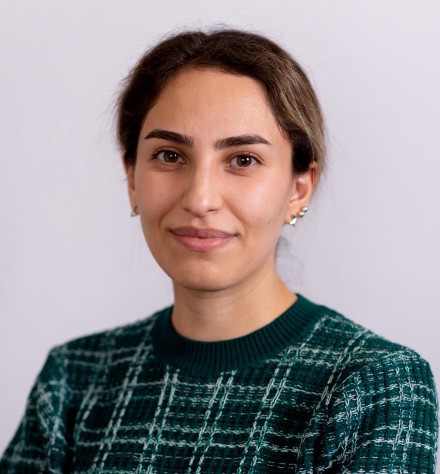
In this series, we learn more about what inspired our talented graduate students and postdoctoral researchers, what brought them to their field of study, and the questions that drive their work as part of the Wisconsin Energy Institute and Great Lakes Bioenergy Research Center.
In today’s story, we spoke with Parisa Sarzaeim, a postdoctoral research associate at the Nelson Institute for Environmental Studies at the University of Wisconsin–Madison. Before she arrived in Madison, Sarzaeim’s education in water resources engineering took her from her hometown University of Tehran to the University of Nebraska–Lincoln. Read on to learn about how growing up in an arid region shaped her passion for water and water accessibility.
Tell me about your research
In general, my research covers a broad spectrum of the water-climate-food-energy-environment nexus analysis. Specifically, I focus on water resources management and agricultural productivity modeling under climate change conditions. My goal is to explore how we can optimize and manage available resources and systems to meet the ever-growing demands of populations, with an emphasis on sustainability and environmental justice. Recently, I started a project addressing data sovereignty and sustainable water resources management for minority communities.
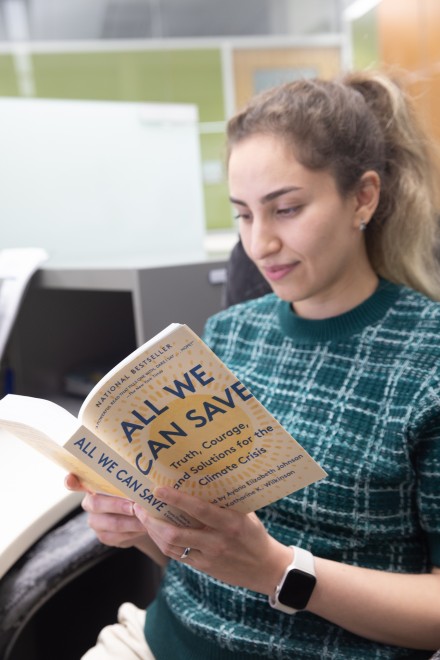
Jacqueline Wisinski/Wisconsin Energy Institute
What sparked your passion for research?
Growing up in an arid and semi-arid country, I witnessed the impact of a scarcity of secure water in certain regions during hot months while other areas experienced devastating floods. This experience drove me to study water resources management. Within my studies, I discovered that water-related problems are not confined to a specific region but are global, and with the worldwide threat of global warming, my passion for researching water resources has only intensified.
How were you introduced to the Wisconsin Energy Institute?
One month after my PhD graduation, I joined UW–Madison and the Nelson Institute for Environmental Studies. I started working with (WEI co-investigator) Dr. Grace Bulltail, whose research covers fields such as water resource engineering, natural resource management, land use, water quality science, and environmental justice within indigenous communities.
What motivates you in your work?
There are several motivations for me, and one of the most fascinating ones currently is mentoring. I thoroughly enjoy guiding students and find immense satisfaction in sharing my research and work experiences with them, helping them progress.
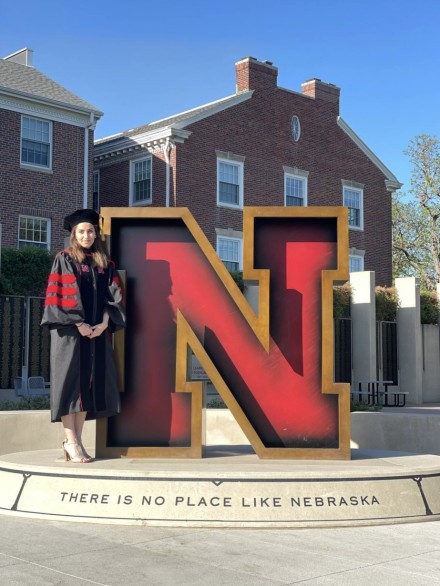
Provided by Parisa Sarzaeim
Are there any stories that stick out to you from your education?
Every single project has a story behind it; the collaborations you did, the efforts you made, and the time you spent on understanding the problem and solving it, all of (it) is like a marathon. You need to manage time and be persistent, and when you successfully cross the finish line is an achievement, and a great lesson.
What's one thing about your research area that you think everyone should know?
Securing water resources, in terms of both quality and quantity, remains a challenge as they are scarce. Many people worldwide lack access to clean and sufficient water, and this issue is becoming more critical due to climate change and global warming, especially impacting minority communities.
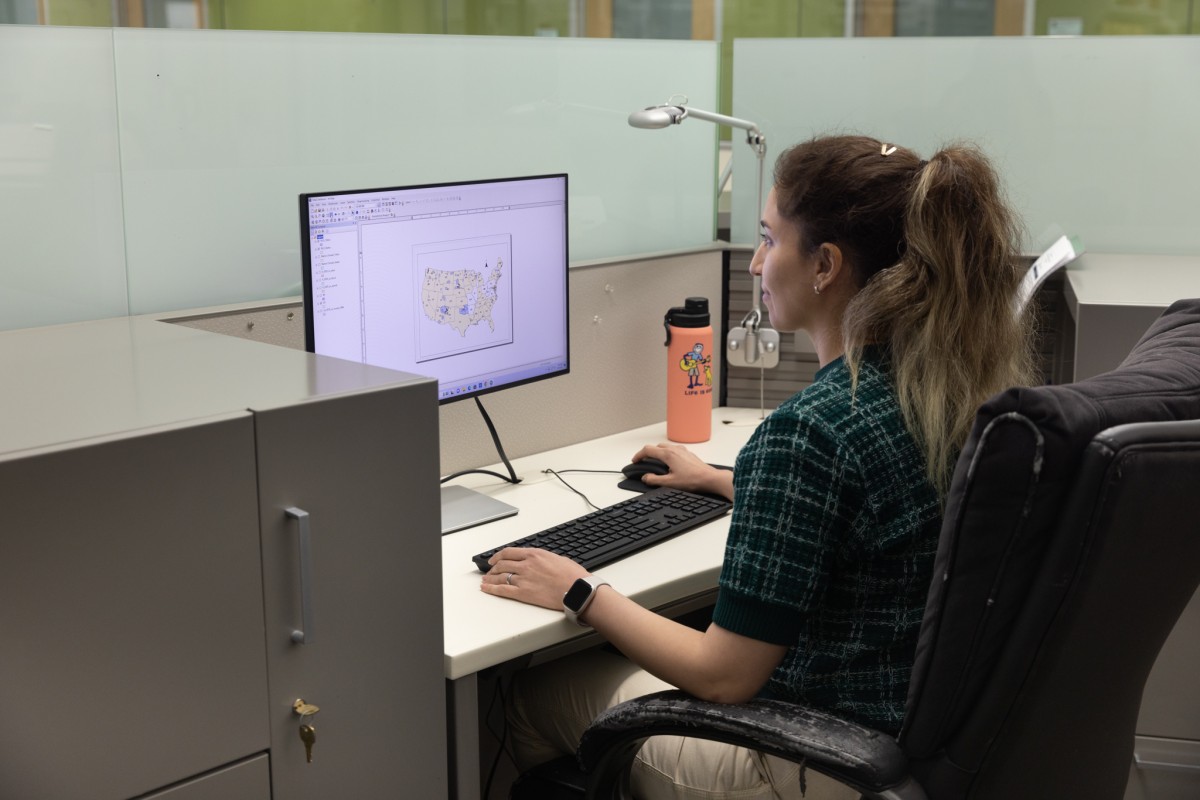
Jacqueline Wisinski/Wisconsin Energy Institute

